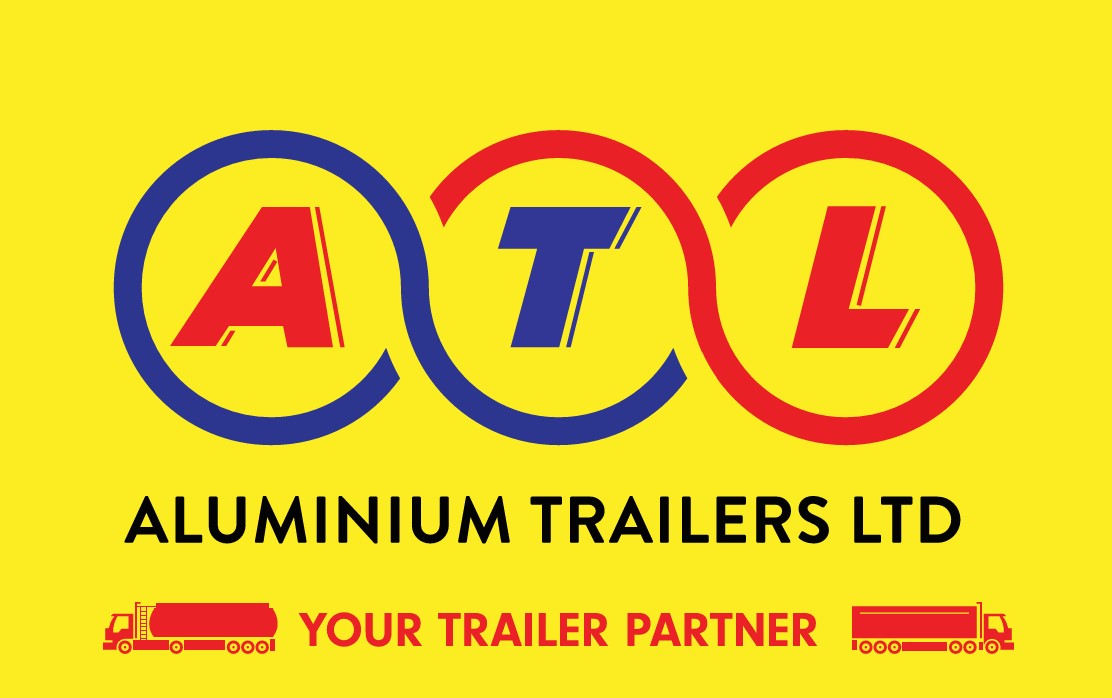Address
Kipawa Nyerere Road
Opposite Julius Nyerere Airport Terminal 3.
Work Hours
Mon to Fri: 8:00am – 16:30pm
Sat: 8:00am – 12:30pm
Reach out to us for more information and one of our customer service experts will help you out.
Kipawa Nyerere Road
Opposite Julius Nyerere Airport Terminal 3.
Mon to Fri: 8:00am – 16:30pm
Sat: 8:00am – 12:30pm
Picha ya Ndege,
Kibaha,
Pwani Region
Mon to Fri: 07:00am – 17:30pm
+255 748-518-111
sales@atl-tz.com
